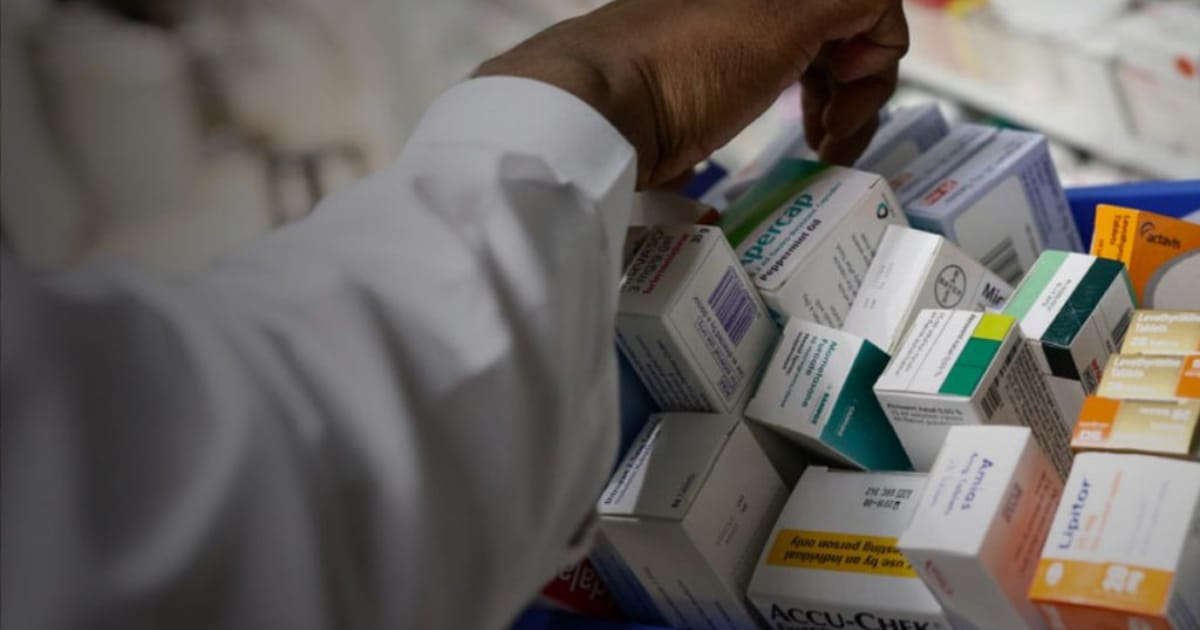
From the newsletter
Arrowhead Pharmaceuticals has launched digital platforms to streamline the pharmaceutical supply chain in Nigeria, a model that can help cut losses and build climate resilience. The platforms let hospitals and pharmacies see what medicines are available, check prices, place large orders online and track deliveries as they happen.
Inefficient procurement systems create gaps that counterfeiters exploit. As a result, Africa's pharmaceutical sector reports big losses in the global trade in counterfeit pharmaceuticals, which is worth up to $200 billion annually.
These inefficiencies also carry a climate cost including excess transport miles and wasted medicines that release greenhouse gases when destroyed.
More details
The B2B E-Commerce Platform digitises the full procurement cycle for hospitals and pharmacies. Users can browse digital catalogues with contract-specific pricing, automate orders and approvals and track inventory and deliveries in real time. Built-in analytics monitor spending patterns and stock levels allows managers to anticipate shortages and consolidate purchases.
The second tool, Scepter360 Pharma, integrates logistics and warehousing to strengthen medicine availability in various locations. It connects suppliers, transporters and customers like health facilities on one network, providing visibility from factory to pharmacy shelf.
Predictive algorithms analyse consumption data to forecast demand and reroute deliveries to areas with emerging shortages. The company says this approach can cut procurement costs by up to 50% and reduce stockouts by 80%, helping providers maintain consistent access to essential medicines.
Arrowhead’s co-founder and Chief Operating Officer, Gerald Damasus, said the technology was developed to reduce fragmentation and waste in medicine procurement. “We are building a healthcare system that is independent of inefficiency and barriers to access,” he said.
The World Health Organization (WHO) says 42% of all fake medicines reported to them between 2013 and 2017 were from Africa. Substandard and falsified medicines cost Africa more than $30 billion every year, draining already limited health budgets and reducing treatment effectiveness.
Beyond the financial losses, counterfeit drugs contribute to over 116,000 preventable deaths annually from diseases such as malaria, as fake or poor-quality medicines undermine trust and delay proper care.
Counterfeit production and disposal create significant environmental and economic waste. According to the World Bank and Acviss, counterfeit goods account for up to 5% of global landfill waste and 2.5% of global CO₂ transport emissions.
In Africa, weak traceability systems increase expired drug destruction and redundant deliveries, raising both emissions and costs. Digitising pharma supply chains help reduce chemical waste and carbon output linked to inefficient pharmaceutical logistics.
Our take
The future of African pharma growth lies in how fast it can respond to demand during health crises.
Data-driven visibility using digital tools will decide competitiveness. The next growth edge lies in platforms that link current procurement to future demands or production needs.